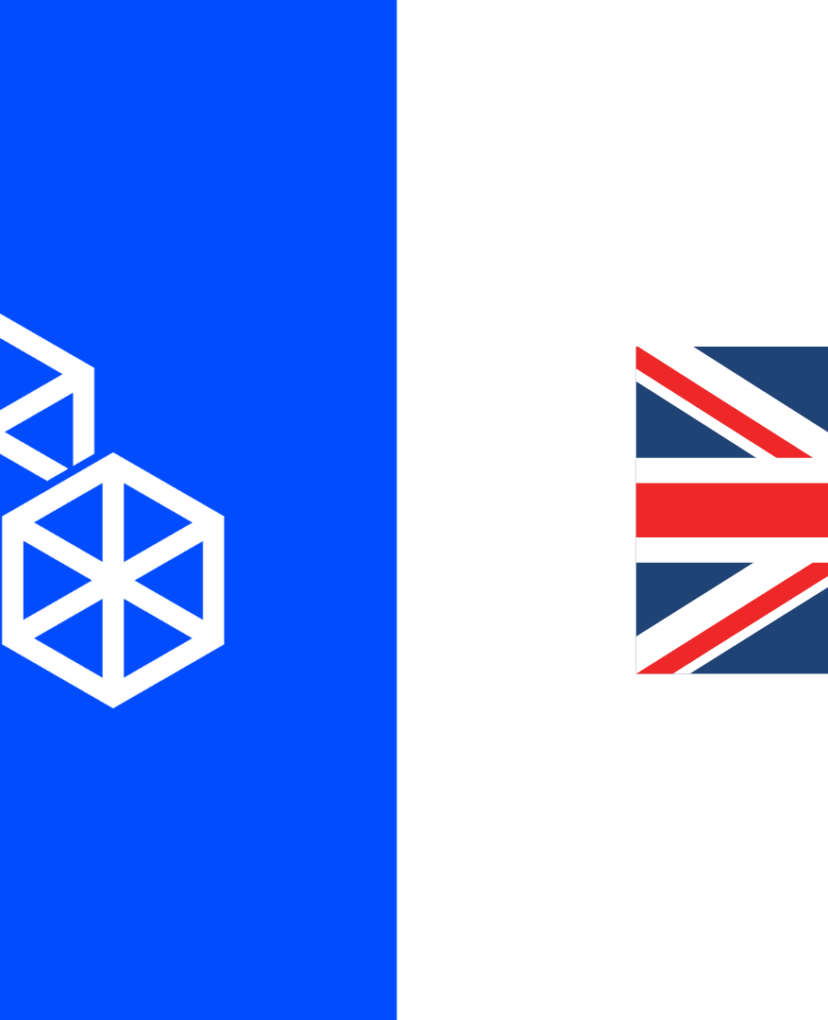Research method and limitations
The research is an exploratory study and the data collected is based on two voluntary surveys conducted between October 2024 and February 2025 as well as on responses to a written parliamentary question on the use of AI in the Flemish government in March 2025. It is therefore not possible to assess the representativeness and transparency of this study. Additionally, the risk levels associated with the identified AI applications under the AI Act were not assessed. The AI Expertise Center wants to further investigate this in a follow-up study.
Categorization & analysis
A total of 240 AI projects were identified, which were categorized according to:
- type of organization: department, agency, public or private external organization;
- policy area: finance & budget, employment, education & training, etc.
- type of AI application: customization & service provision, process optimization, etc.
- type of AI technology: machine learning, generative AI & large learning models, etc.
- status of the AI project: idea, experiment, implemented, etc.
Based on this categorization, a number of analyses were carried out, the results of which provide insight into where AI is currently being used, for what purposes, and how. This allows patterns and trends to be detected and conclusions to be drawn about the spread, maturity, and strategic use of AI within the Flemish government.
Results & conclusions
There are currently 240 AI projects in various stages of implementation in the Flemish government, which indicates a strong commitment to AI. An initial analysis of these 240 AI applications reveals the following findings:
- Type of organization – Most AI applications (182) are found within agencies, while only a limited number (58) fall within the departments.
- Policy area – AI is utilized across all policy areas, with the policy area Work, Economy, Science, Innovation, Agriculture, and Social Economy (WESIAS) having the most AI projects, while Finance and Budget (FB) and Education and Training (ET) have the fewest, with the AI Expertise Center arguing that they could improve their usage. The Flemish Agency for Employment and Vocational Training under WESIAS is the frontrunner with 22 AI applications, more than half of which have passed the experimental phase.
- Type of AI application – Most AI applications (108) are focused on process optimization, with a strong emphasis on improving internal operations. Improving public services and using AI for policy preparation and formulation receive less attention, and there are no examples of AI promoting the democratic process, such as large-scale citizen surveys. This may indicate that the focus is to first learn to work with AI in the backend of government, in order to learn to work with AI technologies in a safe and reliable manner and to learn to manage risks, before moving on to the frontend. In addition, AI is also used for knowledge processing, archiving, and anonymization, which indicates that importance is attached to supporting government employees in their administrative tasks.
- Type of AI technology – Generative AI and Large Language Models (LLMs) are the most commonly used technologies (42%), while machine learning is used less frequently (26%). Generative AI is mainly used for process optimization and information processing, while machine learning is mainly used for inspection, enforcement, information gathering, and policy-making. No applications of facial recognition or robotics have been reported.
- Status of the AI project – An AI project is rolled out in phases. Starting as an idea (idea phase), the idea is turned into action (experiment phase), and after some time, an evaluation decides whether to end the project or implement it (implemented phase). Nearly two-thirds of AI applications are still in the experimental phase or idea phase, while only one-third are actually in use. However, it is expected that a significant number of AI applications will be implemented by 2025. In addition, there are relatively few AI projects in the idea phase, possibly due to underreporting caused by reluctance to make ideas public. Only two projects have been terminated. This may be due to the many projects in the experimental phase, where a decision on continuation or termination is only made at a later stage.
The phase of the AI project is often related to the type of AI technology. Most AI applications that have passed the experimental phase use technologies that have already proven their value, such as image recognition and machine learning. New technologies such as generative AI are still being experimented with extensively.
Seven recommendations from the Flemish AI Expertise Center
- Flemish government organizations should use the AI Playbook to develop an effective AI vision and strategy.
- Knowledge workers should receive tailored training on AI applications, focusing on existing guidelines on the use of publicly accessible generative AI within the government.
- Digitaal Vlaanderen should explore offering generic building blocks for generative AI.
- Compliance with the AI Act, especially for high-risk applications, must be ensured.
- Agencies should collaborate and reuse successful solutions for greater coherence and acceleration.
- Increased insight and transparency are needed to promote responsible AI development and use.
- The study on AI use in the Flemish government should be conducted annually.



